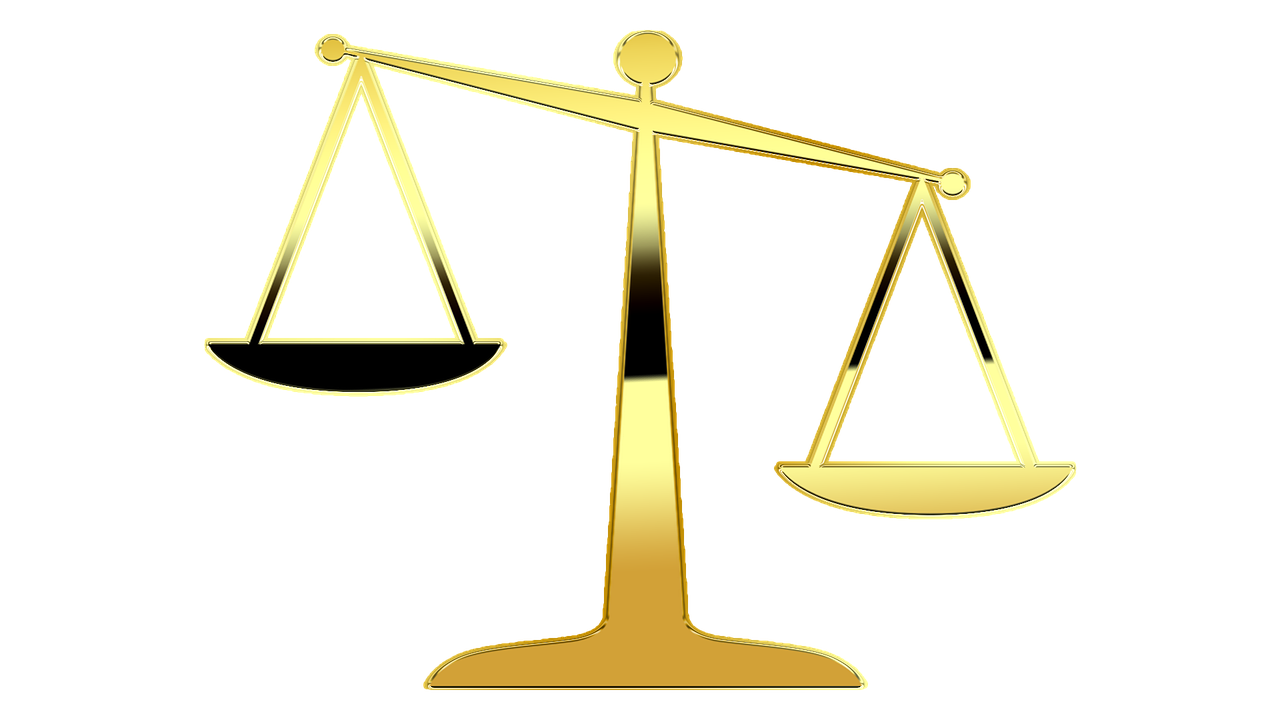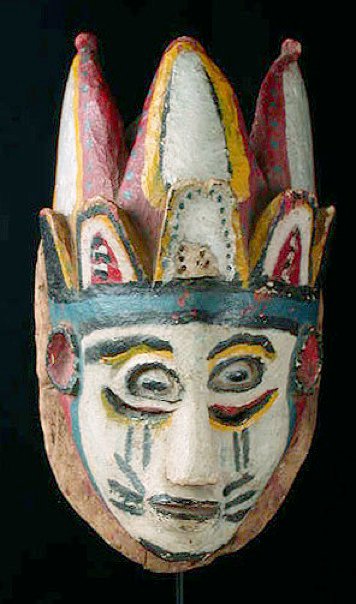September 25, 2021
Lopsided Law: Heir Bars Heiress
Offline Advanced English Dictionary defines inheritance as “hereditary succession to a title, an office or a property; or that which is inherited … and passes, by law, to the heir on death of the owner.” It is observed that the method of transfer of inheritance differs from one society to the other. For instance, in the Western world, it is transmitted through a legal instrument: to wit, a will. In several African countries, including Nigeria,
September 15, 2021
Ócho Festival: Origin, Facts and Features
Ócho Festival celebration dates back to the Middle Ages when Àtá Ìdoko Agánápojè – father of Àtá Áyẹ́gbà, founder of the ruling Third Igala Dynasty in Central Nigeria – was out hunting one day and lost his way in the bush. His followers searched everywhere but could not find him “till nearly nightfall.” The following day, he sent a message to his wives and retainers, saying: “It is not right that nothing should be done to mark the occasion, or that
September 2, 2021
Leader of Leopard Community
For a long time, the ruling Third Igala Dynasty at Ídá was thought to have been founded by Àbùtù Ẹ̀jẹ, who was said to be a Jukun royalty that came from Wukari to Ídá and later took the title of Àtá (Father), King of the Igala. His descendants, including Ìdoko and his own son, Áyẹ́gbà, supposedly ruled after him at Ídá. By the same token, all Igalas who belong to the four existing ruling houses
August 4, 2021
Crooking the Crocodile
Once upon a time, a female crocodile settled on the bank of a river. One evening, as she was strolling, she chanced upon some eggs lying in a nest, partially covered. Her jaw dropped as she marveled at their freckled beauty, wishing they were her own eggs. When she got home and mentioned her adventure, seeking someone who could help her to decorate her eggs, she was directed to Mr. Tortoise. Thanking the neighbours for
August 1, 2021
Culture: Feast of the First Fruits
Wikipedia, the online encyclopedia, informs that the First Fruits were, originally, “a religious offering of the first agricultural produce of the harvest … to the deity.” In the same vein, the ancient Igala instituted a sacred tradition of offering slices of bare, oil-free roasted yam (Íyálọ́-Ọgáláà) to their ancestors. The festival, by virtue of its unbroken observance over countless centuries, underscores the Igala’s commitment to the veneration of their ancestors, a vital component of its






As you rightly pointed out, any culture – including religion – that disallows female survivors of a deceased person from inheritance is illegal.